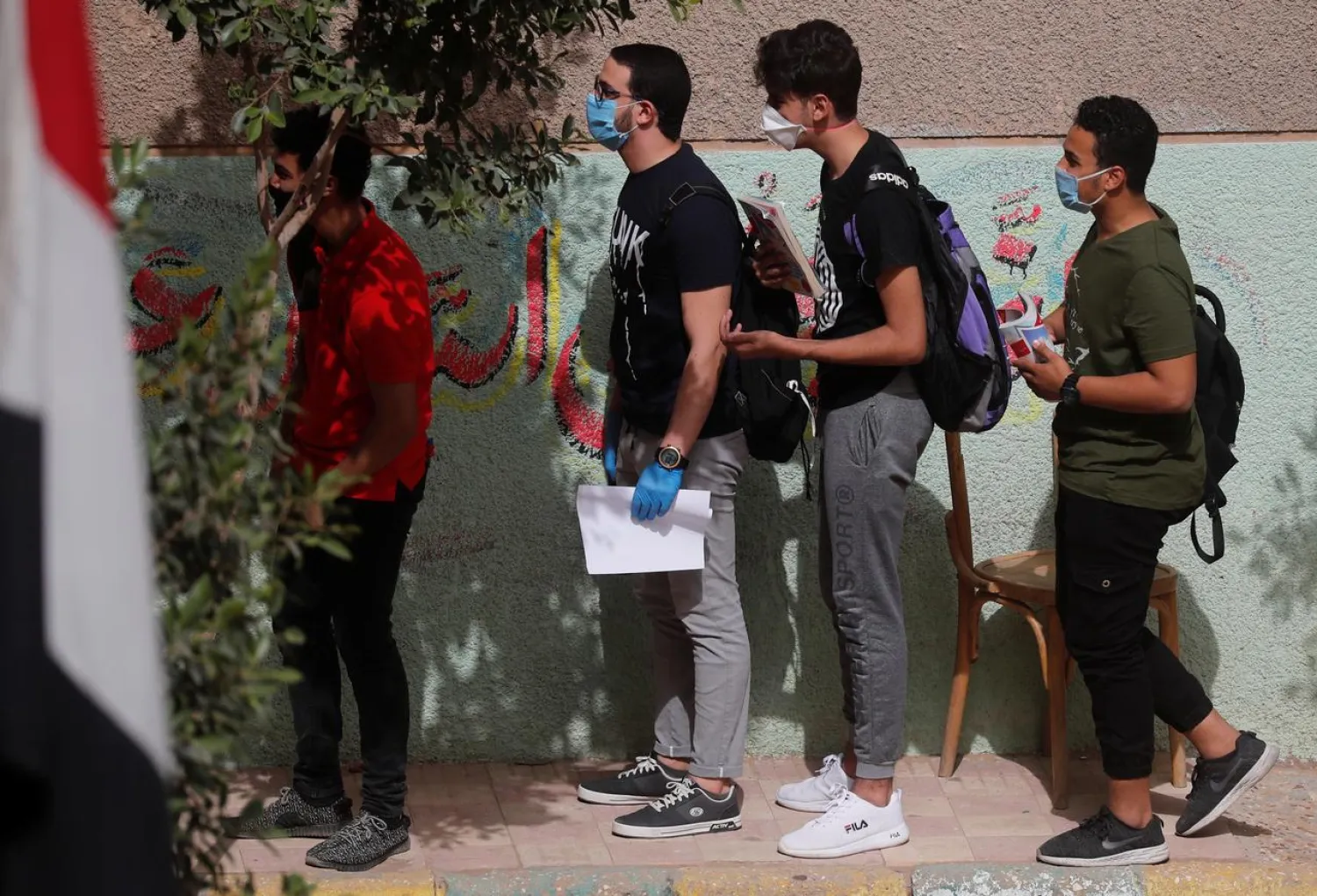Egyptian authorities have sought to expand e-learning platforms and mechanisms as it entered the second day of the easing of COVID-19 restrictions.
The government, meanwhile, commended the “unrivaled” awareness shown by worshippers at mosques following the decision to reopen them.
Egyptian President Abdul Fattah al-Sisi urged during a meeting with Education Minister Tarek Shawki the “expansion” of the use of e-learning platforms and apps. He also called for assessing the e-learning experience that was necessitated during the coronavirus pandemic and lockdown.
Shawki said that 1.5 million students are sitting for this year’s official high school exams, which are being supervised by 500,000 academic staff members. Preventive measures have been taken by the government to ensure that the tests are held in safe health conditions.
Egypt was among the few countries that managed to complete the academic year despite the pandemic, he added.
Meanwhile, the Awqaf Ministry hailed as “unprecedented” the level of awareness and responsibility displayed by worshippers as mosques reopened for the first time since virus restrictions were eased.
They are totally aware of the sensitivity of this stage and have committed to the preventive measures set by the Ministry, such as wearing masks, maintaining social distancing, avoiding handshakes and leaving the mosque immediately after completing prayers.









